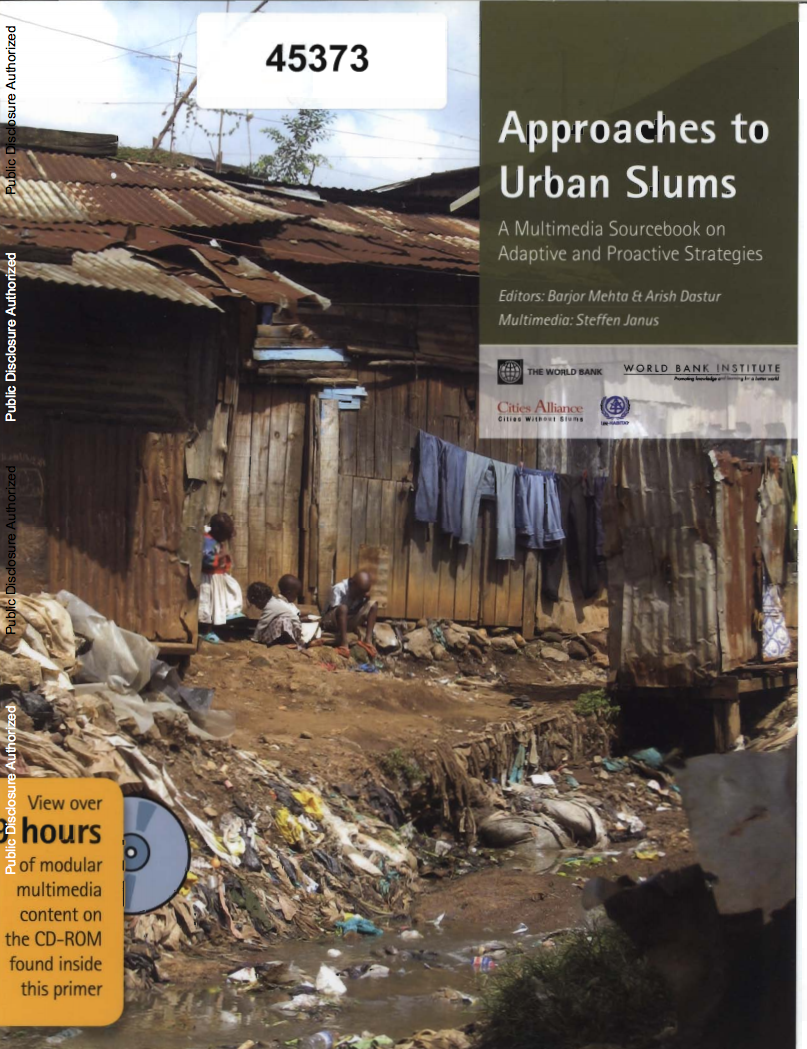Republic of Burundi - Country Economic Memorandum (CEM) :
The Challenge of Achieving Stable and Shared Growth
This Country Economic Memorandum (CEM)
is the first for Burundi since the 1980s. It has been
developed in collaboration with the government of Burundi.
The CEM has been prepared in cooperation with the African
development bank and the U.K. department for international
development. Burundi is one of the poorest countries in the
world, and has suffered from many years of civil conflict
and its consequences. In the last years, peace has been


